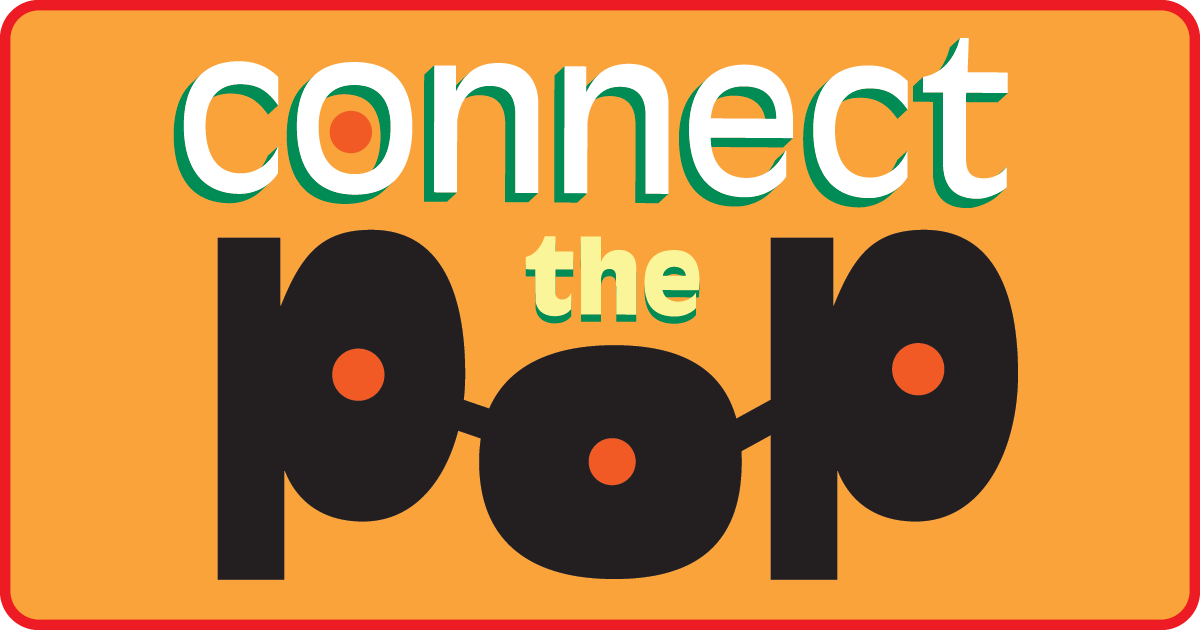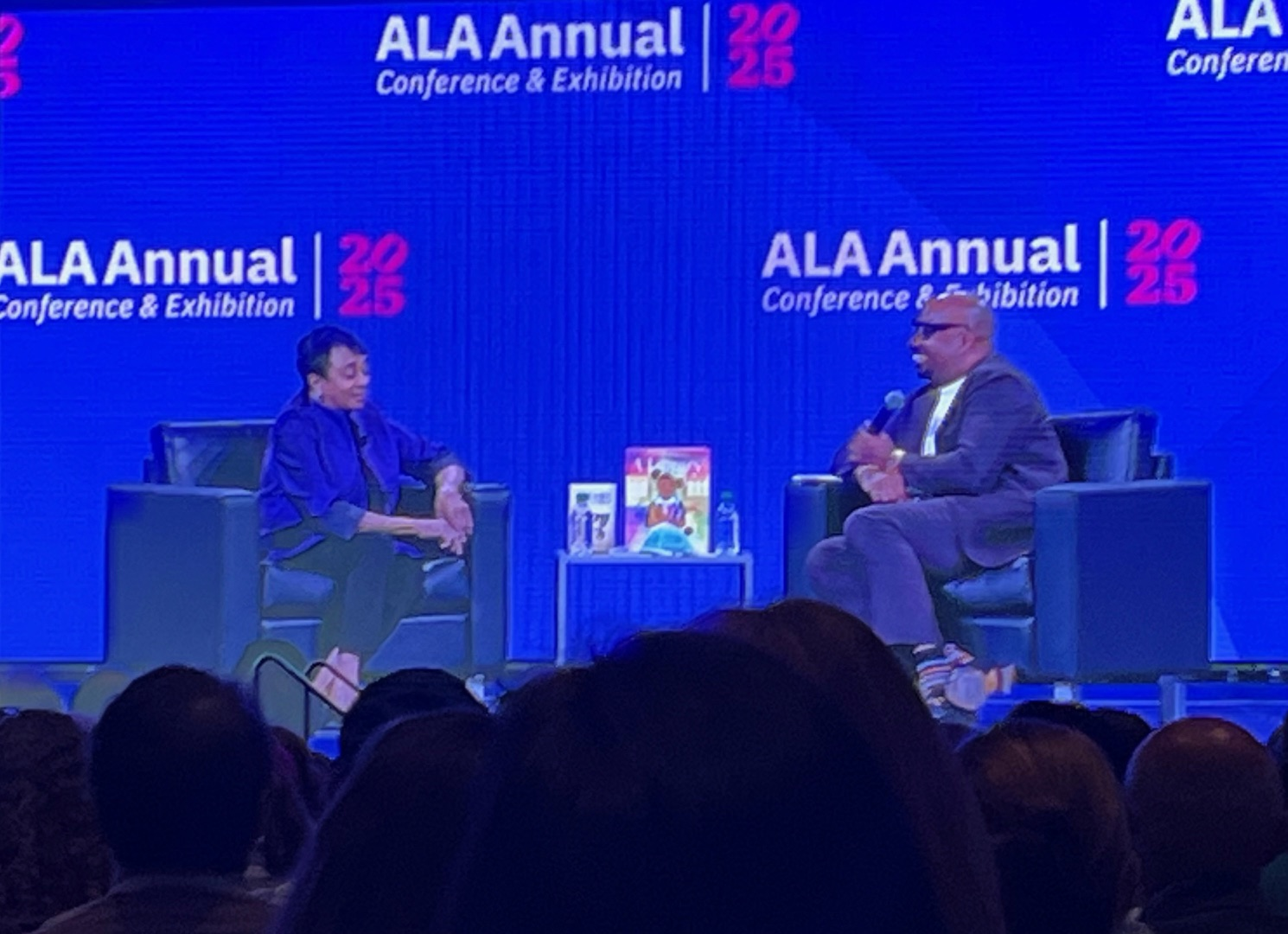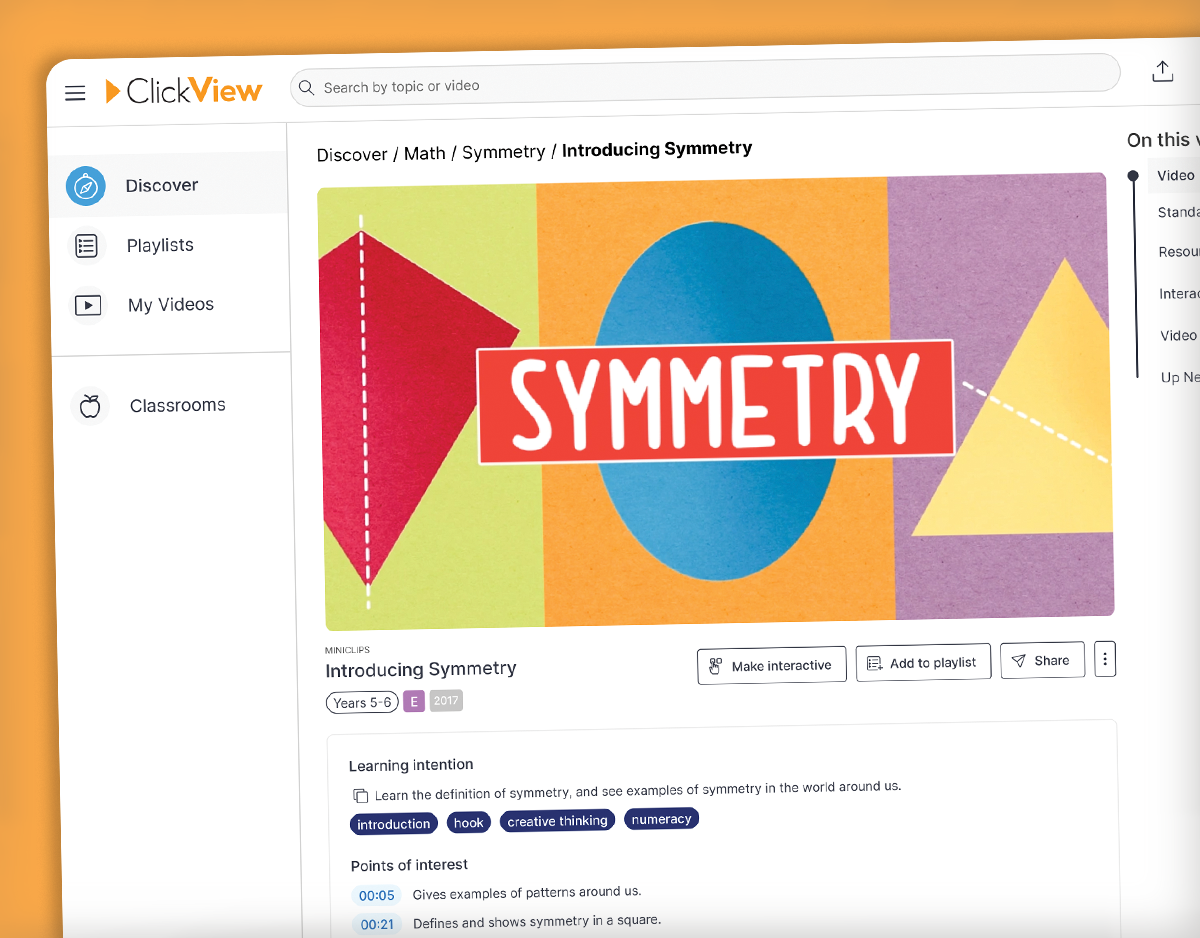SCROLL DOWN TO READ THE POST
Why Being ‘Anti-Sports’ is Anti-Intellectual
In case you didn’t notice, the NFL football season started this past week.
Of course for some people the glibness of that lead might be laughable: how could one not notice that “Week One” has come and gone, and that fans are in fact now gearing up for Week Two? For others, though, my ho-hum tone is entirely appropriate—to them, football is just part of the background noise in our culture, something you accidentally find yourself watching only in airports and bars because that’s what’s being beamed at you from every available screen.
No problem with either of those outlooks. Nor is there one if you happen to occupy the vast middle ground between them, meaning that you basically note sports in passing, maybe even tune in when a championship is at stake, but would hardly classify yourself as a fan.
ADVERTISEMENT
ADVERTISEMENT
Nope, no problem at all.
The trouble starts when these different groups start characterizing each other with broad generalities. Compounding this unnecessary acrimony is any approach that does this in the name of a social critique—for the greater good, as it were. “Incisiveness” of thought as a cover for divisiveness of action.

I bring this up because I recently stumbled across the Twitter stream of @AntiProSports. Here are some gems from just the last few days…
Professional sports destroy the mental and social capacity of millions of viewers.
That’s the credo in a nutshell; the couple of statements that follow represent a bit of expansion on that core belief. Note that the notion of passive watching that’s suggested here applies to huge swaths of culture, pop and otherwise, as well… audiences for Doctor Who and nineteenth century opera also “sit there watching.”
Professional sports wipe out human potential; millions could have read, created, built, instead, they sit there watching. [sic]
Professional sports destroy the spirit of action; they turn people into psychological weaklings who need to be fed entertainment.
We might also note regarding the first of those statements that the act of spectatorship is not limited to pro (i.e., “corporate-owned”) sports but comprises amateur and scholastic competitions, too. So when we watch our kids or students in soccer matches or karate tournaments that’s certainly time we could spend building things or catching up on a bestseller. Now, am I going too far by bringing youngsters into this rebuttal? I don’t think so–because of the nature and purpose of this blog, and because of the following contentions…
Professional sports are designed to negate the social creativity of the populace; they keep people fixated onto moving televised images.
Professional sports are used to channel the creativity of children away from politics towards massive spectacles.
Finally, here’s a statement that gives one a sense of the ideological argument that’s implicit in, and behind, really, all the other arguments:
Pro sports legitimate [sic] the capitalist psychology of vicariousness; millions live through something/someone else, without ever actually living.
Let’s forget for the moment the mountains of anecdotal evidence against all these absolutes—you know, examples of real-life creative artists and astute political commentators who are also intensely interested in various pro sports. Instead, let’s try to see why a meme like that championed by @AntiProSports has a heartbeat at all. My intention, though, is not to run this line of thinking thoroughly into the ground but to see whence it stems and to explore its foothold, meager as it may be, in both ourselves and the young people whom we know.
In sum, here’s why being “anti-sports” in such sweeping and yet reductive terms is the same as being anti-intellectual.
- Even if fairly critiquing the materialistic, “vicarious” thrill-oriented, and obesity-linked ads seen on televised sports, a critic must recognize the difference between the media positioning of the sports fan and the actual sports fan. In other words, just because mass media portrays sports fans a certain way doesn’t make it so.
- Besides, many sports fans can’t stand TV commercials and will circumvent them by any means available. This negates the idea that a sports viewer is even watching all those ads, let alone being brainwashed by them. Yes, being media literate includes the idea of analyzing ads and broadcast content, but that doesn’t entail that those who aren’t doing these things are inevitably having their mental capacity “destroyed.”
- Most importantly, “sports” (whether televised, seen in person, or followed via after-the-fact media accounts ) is simply an arena of human conduct and experience—to be somewhat crude, it is “content.” The question of how one responds to that content is the determining factor as to one is exercising critical thinking skills… or being turned into a zombified victim of couch coma. Any form of mass-media entertainment can have that effect, and so can any number of non-media-related activities such as working at brain-deadening job. The goal of media literacy education, as well as education as a whole, is to cut against this tendency. It’s not a simple matter of cause-and-effect: watch Monday Night Football and shave a point off your IQ.
- Clearly today’s biggest sports fans are among the most engaged and critical participants in culture one is likely to find. The range of literacies they employ is staggering, as anyone who has ever even been around a diehard sports fan knows. The TV and radio broadcasts, including ads, are often critiqued (and sometimes ridiculed) while they are being aired… the very definition of active viewing. (Sure, one can put on weight if downing chips and soda pop the whole time, but such an alarm could probably be sounded about the average film critic’s diet.)
- That’s just the beginning. Sports fans write blogs, call radio talk shows, tweet, host their own podcasts, research statistics, read magazines and newspapers, and argue amongst each other constantly (often needing to cite evidence in defense of their positions, use logic, etc.)
- So when we negate all of pro sports we also negate the value of all such thoughtful responses to the entire topic. If that’s not anti-intellectual, I don’t know what is. Again, it is not the content per se that one should be concerned about if one is looking for symptoms of society’s downfall, but the habits of mind and critical inquiry that people bring to bear on that content. One can be a limited, robotic thinker about geopolitics (and many, arguably, are), and yet a rigorous and insightful analyst when it comes to tiddlywinks. It’s that simple.
- Does the hoary stereotype of the “dumb jock” still dictate our perceptions not only of athletes, but athletics in general?
- Consider the degree to which this stereotype goes hand in hand with one that readers may find more offensive—that of weak-bodied and weak-willed “nerd,” a sensitive and/or scholarly soul who is always depicted as pale, myopic, awkward, and scrawny. Well, guess what? If bright students who are well read and articulate are not as un-athletic as we think they are, that also means that they are more athletic… which means the jock stereotype itself is undermined. In short, we can’t denounce one stereotype—the type that hits closer to home emotionally—without acknowledging that this means that “representation” in general is further out of joint somewhere down the line.
- There are forces at work within education that perpetuate these stereotypes since there is tension, even if only perceived tension among parents and students, over the level of funding of sports versus academics.
- Even if poor outcomes are noticed as a result of sports-related fandoms and activities, the intellectually responsible solution is education—not facile demonizing.
Okay, I’ll stop. As you can see, I can get pretty worked up about this sort of thing. The bottom line is, let’s not target sports under the guise of media literacy, nor unnecessarily isolate sports fandom from the rest of pop culture fandom. There’s a lot more common ground than one might suppose. Let’s play on it.
Filed under: Media Literacy, Television
About Peter Gutierrez
A former middle school teacher, Peter Gutierrez has spent the past 20 years developing curriculum as well as working in, and writing about, various branches of pop culture. You can sample way too many of his thoughts about media and media literacy via Twitter: @Peter_Gutierrez
ADVERTISEMENT
SLJ Blog Network
Name That LEGO Book Cover! (#65)
Review of the Day: This is Orange by Rachel Poliquin, ill. Julie Morstad
Betty & Veronica: Summer Fun in the Sun | Preview
Heavy Medal Suggestions: 73 Titles and Counting
Like This, Try That: K-Pop Demon Hunters
The Classroom Bookshelf is Moving
ADVERTISEMENT
ADVERTISEMENT







